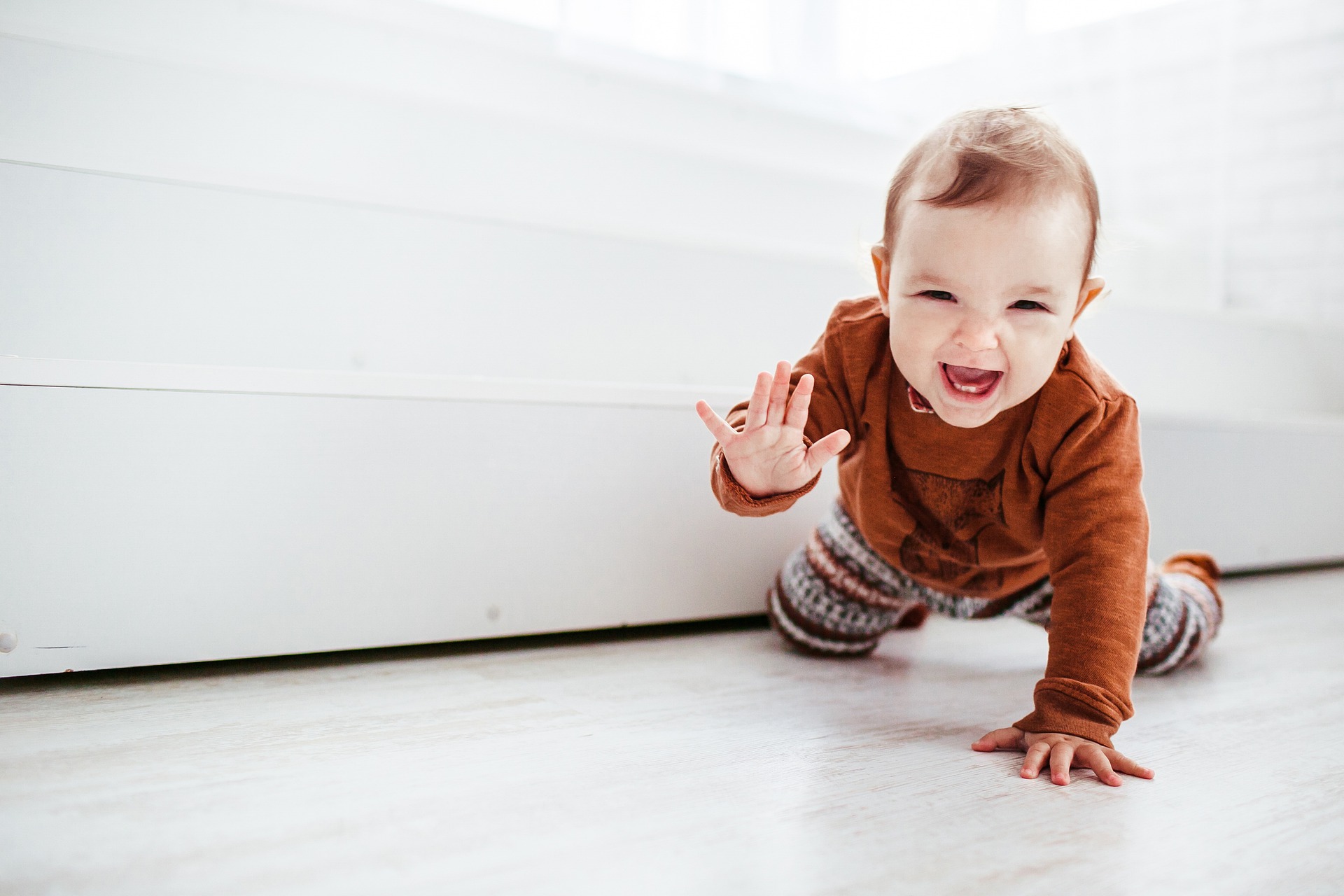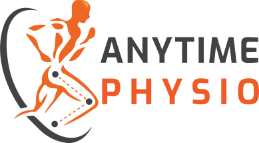
For many parents, their child's first step is a significant milestone. They are eager to see their baby progress through developmental sequences, and any impression of delays might cause them to stress about their child's growth. It is vital to remind parents that children's paces vary, and what is important is monitoring and support from professionals. Here are some of the things you should know when monitoring this stage of a child's development.
Why Is My Baby Not Yet Walking?
There are various reasons why a baby could not be walking yet. The child could have hypo- or hypertonia, other muscle abnormalities, or have stiff limbs and poor balance. If the baby's caregivers carry him around all the time and do not allow him to crawl or attempt to walk, he will not have the chance to try walking. There is also a possibility of the child having an intellectual disability.
If a child is not yet walking and is already 16 to 23 months old, paediatric physiotherapists or other professionals should conduct the necessary medical examinations. Delays in walking could be an early warning sign of genetic conditions like cerebral palsy and muscular dystrophy. Tests will help physicians rule out these common disorders.
What Should Caregivers Note?
Babies go through several phases before learning to walk. They must learn how to lift their head, roll on their stomach, and sit up alone, which occurs at roughly the third, fourth, and sixth months respectively. A baby should sit without support by the time he is nine months old and should know how to stand without support by the 12-month mark.
A caregiver should note consistently late progress through developmental milestones like these. The parent or guardian should also tell physicians if the baby still cannot walk steadily by the 16th to 23rd month or if he is consistently walking on tiptoes.
How Can I Help My Baby To Walk?
Parents concerned about their child's growth can do activities that encourage the baby to walk. For example, they can limit the baby's use of shoes, bouncers, and baby walkers since these could prevent leg muscles from developing. Walking barefoot and without these devices will improve a child's balance and coordination.
Also, the parents should child-proof their home to allow the baby to explore the house safely. Devote time to walk with the child as well; walking with your baby makes him feel secure and builds the self-reliance he will need to walk independently. When you're holding the baby's hand, bring your hand lower to provide less support. Doing this will help increase a child's endurance and confidence.
When the baby can walk more assuredly, have him stand with his back against a wall, step away, and call out to him with your arms outstretched. Doing this will encourage him to take lunging steps towards you.
How Can Parents Help A Child Through Physiotherapy?
Parents can be actively involved in a child's PT. They might show support and care by being present in the room while the child is doing therapy and speak with the therapist about how the child is progressing at home or in school. They might also note changes occurring outside physio sessions.
Some programs might have components or modules for parents or caregivers to implement at home. In cases like these, a caregiver will receive detailed instructions for each exercise. They could also have online physiotherapy consultations that they can videotape for future reference.
Conclusion
Children go through developmental milestones at different paces. If you want to know more about your child's development, start by researching when they're supposed to exhibit specific behaviours or abilities. Physical therapy evaluations can further determine whether this variability is typical or if the child will benefit from interventions.
Your child's development is our priority at Anytime Physio. We are Brisbane physiotherapists providing affordable, convenient, and customised paediatric physio plans for babies, children, and adolescents with injuries or developmental issues. Schedule a consultation today!

